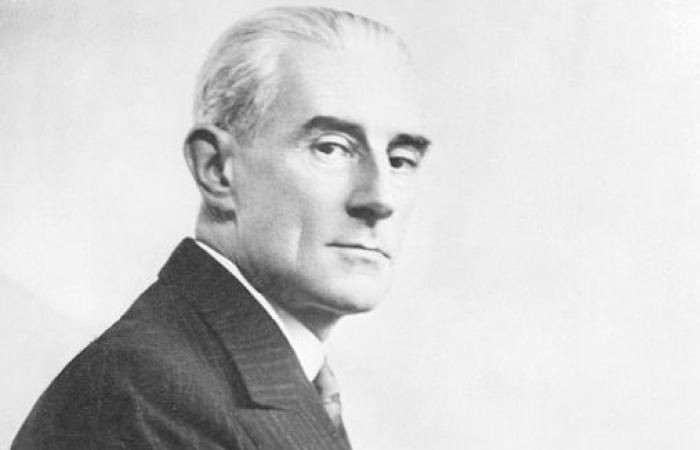(Nanterre) The Nanterre court on Friday rejected the rights holders of Maurice Ravel and the Russian decorator Alexandre Benois, who asked the Society of Authors, Composers and Music Publishers (Sacem) to recognize the latter as co-author of the famous Bolero.
Posted at 1:44 p.m.
The court “rejected the claims of the beneficiaries of Maurice Ravel and Alexandre Benois regarding the Boleroone of the most performed and distributed works in the world,” detailed the court in a press release, the work “consequently remains in the public domain.”
Regarding the hypothesis of Mr. Benois’ co-authorship, the court considered that “the documents provided did not demonstrate his status as author of the argument (short summary, Editor’s note) of the ballet.”
The thesis of another injured co-author, the choreographer Bronislava Nijinska, was also dismissed by this judgment, the artist having “never appeared in the documentation of the Bolero as co-author”.
“It is a very well-reasoned decision, which took care to examine all the elements brought to the attention of the court and which validates Sacem both in its approach […] and in its position with regard to safeguarding the interests of its members,” M responded to AFPe Yvan Diringer, who defends Sacem with Me Josée-Anne Bénazéraf.
“The action of the estates and publishers (also parties to the case, Editor’s note) is rejected by the court, we are analyzing the decision calmly before responding to the press,” M told AFP.e Gilles Vercken, lawyer of the Ravel estate.
Maurice Ravel’s heiress, Evelyne Pen de Castel, is also ordered to pay one euro to Sacem “in compensation for her loss resulting from the abuse of the author’s moral rights”, the decision states.
This judgment ensures that at this stage, the Bolero remains in the public domain as it has been since 2016.
If Sacem, which manages and collects copyright in France, recognized Mr. Benois as co-author, the work would have been protected until 1is May 2039, Mr. Benois having died in 1960.
In France, copyright on a musical composition lasts for the lifetime of its author and then for the following seventy years. It then falls into the public domain and can be used freely.
The Bolero was protected for seventy-eight years and four months, because the law provides for extensions that aim to compensate for the loss of earnings of French artists during the two world wars, which extended the protection until 1is May 2016.







